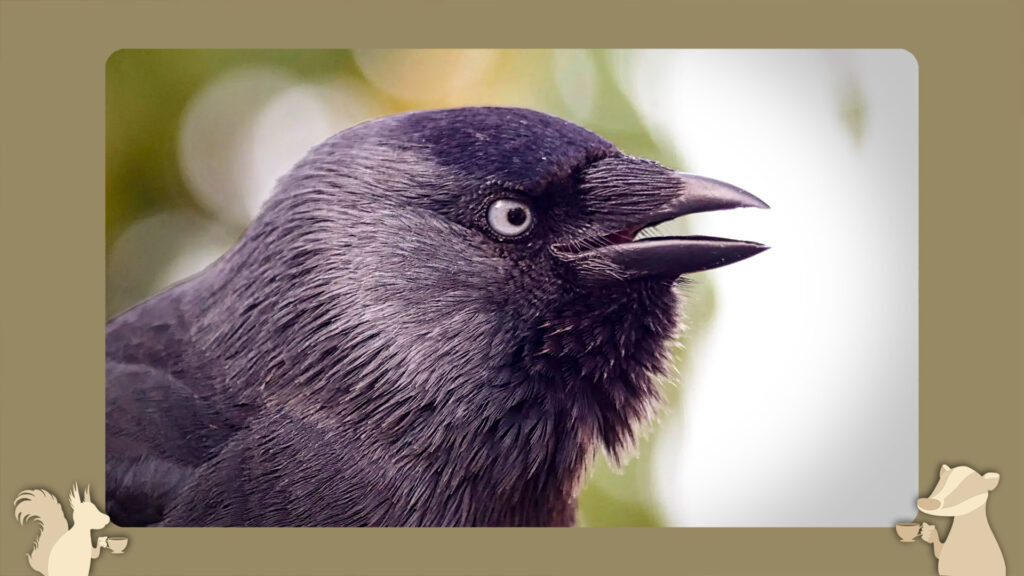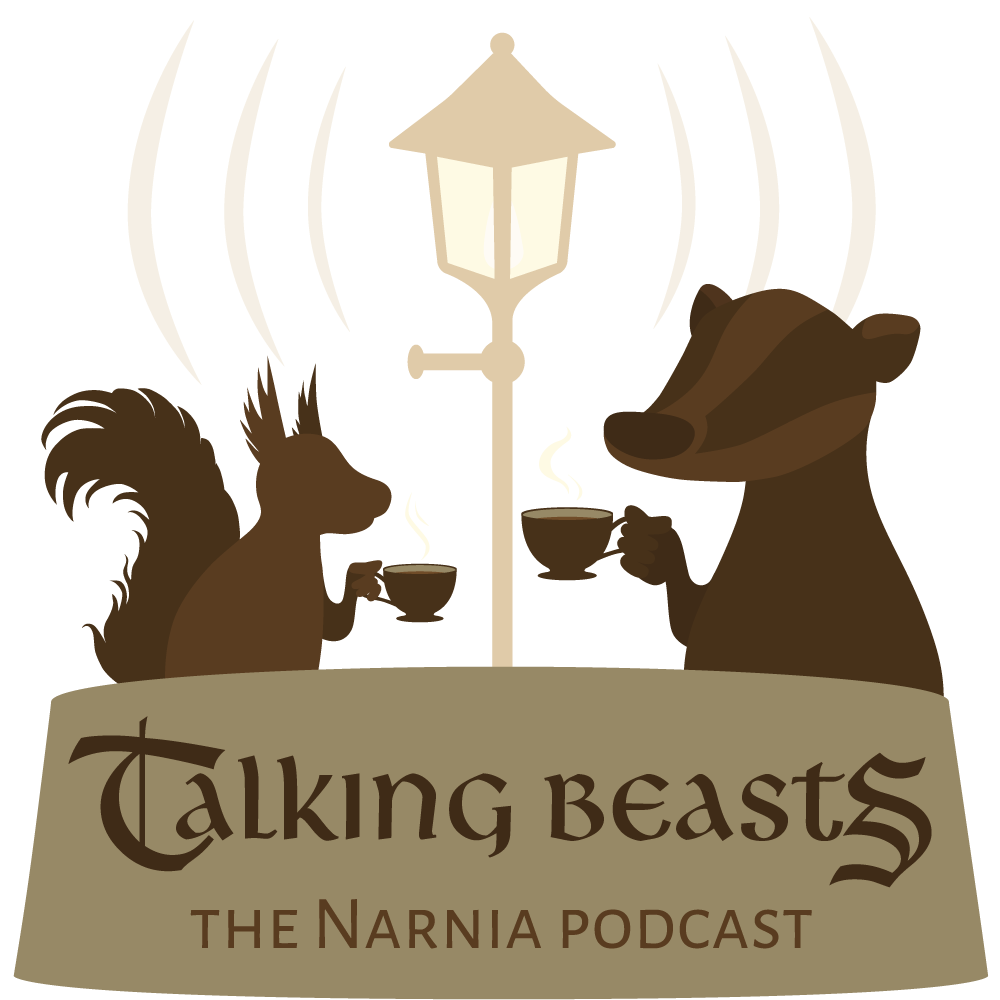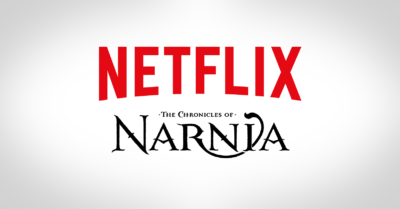Can Talking Beasts (and Humans) Make Real Choices? | Talking Beasts

Podcast: Play in new window | Embed
There is a lot to unpack in chapter 10 of The Magician’s Nephew! Shortly after creating Narnia, Aslan tells the inhabitants, “Creatures, I give you yourselves.” Later he says, “Now that you are no longer dumb and witless, you need not always be grave. For jokes as well as justice come in with speech.”
What does all this mean? Listen to the discussion and post a comment below.

Watch part 2 of this discussion






In listening to the conversation about what makes a talking beast different from a regular beast, I kept thinking about the concept of “hnau” in Out of the Silent Planet. That term kind of encapsulates whatever it is that makes the different groups in that book to be “people.” I guess from a Christian perspective, it’s basically a term for being in the image of God–which is definitely where the justice would come from, and also jokes.
I agree with Rilian that the thing with the monkeys doesn’t really prove that they have a morality.
You know, I don’t actually care that much whether we really have free will. We feel like we have free except in the sense that our circumstances and abilities limit our choices. If we actually don’t have free will, there’s nothing we can do to change it. The way I see it there’s no point in bothering. I guess I’m just not the philosophical type. 🙂
Are we sure that when monkeys or dolphins laugh, they’re really laughing? I don’t know for sure, but I might have heard a long time ago that they’re just making noises that sound like laughter to us. Like I said though, that could be wrong. They might be really laughing.
If I went through a terrible tragedy like Rilian did, I would probably not want to read books about grieving right away. I’m not surprised it took him so long to read the ones he was given.
I appreciate what this episode had to say about how something being a coping mechanism shouldn’t automatically be a bad thing. We don’t criticize cripples for leaning on physical crutches. (I hope we don’t anyway.)
I don’t like learning languages but I’ve loved some books of which I’ve only read English translations and sometimes I get the crazy urge to learn the original languages just so I can do my own translation. I definitely think the jokes are the trickiest part to translate.
I don’t think a movie could do Uncle Andrew deluding himself into being unable to understand the animals as well as the book. But I’d still like to see a film adaptation because there are other parts it could do well.
I love the way Lewis could write stories that are simply fun and engaging for children, but also bring up interesting questions like this that you don’t necessarily think about until you get older. He clearly put a lot of thought and depth into his work and it sets him apart from a lot of other children’s writers.
They did not become intelligent by receiving language, they began to speak by becoming intelligent.
But, however, God is the Word. The original Narnia is a prototype of the lost Paradise, where everyone was happy, and God was directly present.